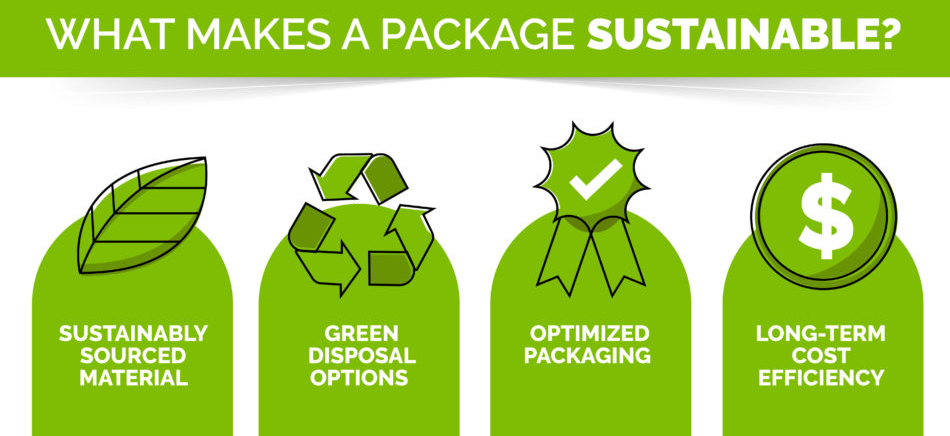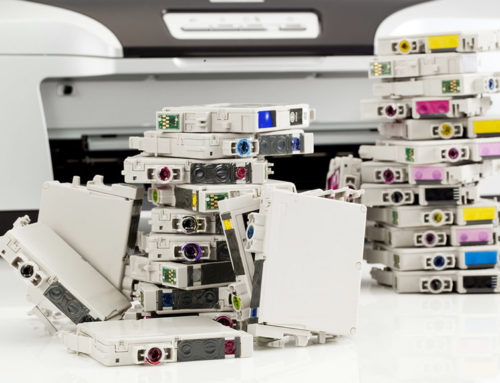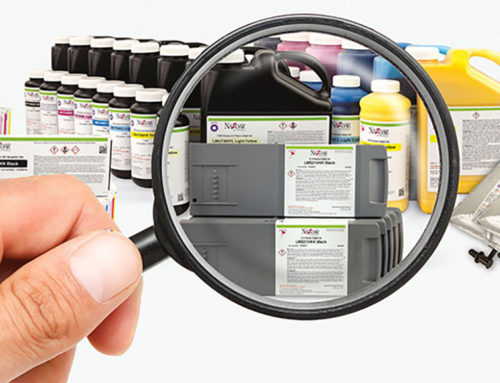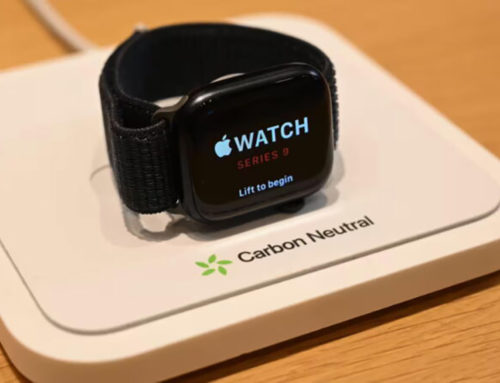In today’s world, where a new generation of environmentally conscious consumers actively supports brands committed to sustainable practices, companies must amplify their efforts in this direction. Building a loyal customer base not only demands superior products but also packaging that offers convenience, maintains freshness, and aligns seamlessly with a sustainable lifestyle. This is particularly crucial in the realm of plant-based foods.
Re-closable flexible packaging emerges as a game-changer, enabling brands to distinguish themselves within the competitive plant-based food market. It resonates strongly with long-time non-meat eaters, including vegetarians and vegans, who prioritize environmental concerns. When eco-conscious consumers perceive that a product’s packaging makes a positive impact, it bolsters their satisfaction with both the product and the brand.

Here are four ways in which packaging can revolutionize the plant-based foods industry:
- Attract Sustainability-Driven Consumers: Opting for flexible packaging over rigid alternatives grants brands numerous sustainability advantages. Lightweight and compact flexible pouches enhance transportation and storage efficiency, while reducing the volume of packaging waste. Environmentally conscious consumers who seek products aligning with their values often desire a comprehensive approach to sustainability from brands. Choosing packaging materials that are biodegradable, recyclable, or compostable can substantially reduce packaging waste and its associated environmental hazards. This differentiation can position a brand as a sustainability leader, attracting consumers who prefer eco-friendly products.
- Preserve Product Freshness with Reclosability: The quality and taste of plant-based food products are pivotal in shaping consumer experiences. However, packaging also plays a crucial role. Any deviation from the optimal storage conditions, such as exposure to excess oxygen or moisture, can lead to a decline in product quality. To avoid consumer dissatisfaction and food waste, reclosable flexible packaging helps maintain the product’s freshness, extending its shelf life.
- Stand Out as a Convenient Choice: Packaging features can differentiate brands in a highly competitive market. The convenience and portability offered by reclosable packaging can enhance a product’s visual appeal and signal to consumers that it’s easy to carry and consume on the go. This convenience factor can be a compelling differentiator, especially when consumers are choosing between similar products in terms of taste, quality, and price.
- Educate Consumers Through Packaging: Advanced digital printing technology allows brands to design eye-catching, informative pouches that engage consumers and share essential information about the product and its sustainable packaging. To address the proper disposal of packaging materials, brands can incorporate QR codes or augmented reality-enabled features, bridging the information gap and assisting environmentally conscious consumers in making responsible choices.
A Commitment to Sustainability:
To truly demonstrate a commitment to sustainability in an era of conscious consumerism, plant-based food brands must consider the environmental impact of their packaging choices. Reclosable flexible packaging, with its sustainability advantages, not only appeals to eco-conscious consumers but also sets brands apart from competitors while positively impacting the environment. By embracing eco-friendly materials and staying ahead of packaging innovations, brands can actively engage consumers and communicate the powerful story behind their sustainable packaging solutions.






